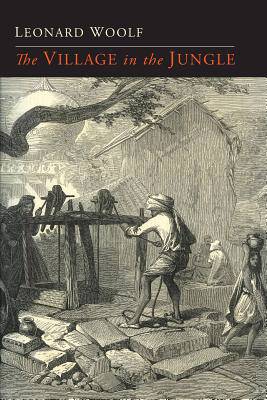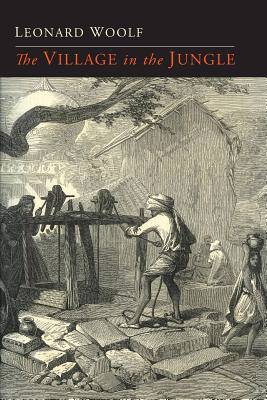
Bedankt voor het vertrouwen het afgelopen jaar! Om jou te bedanken bieden we GRATIS verzending (in België) aan op alles gedurende de hele maand januari.
- Afhalen na 1 uur in een winkel met voorraad
- In januari gratis thuislevering in België
- Ruim aanbod met 7 miljoen producten
Bedankt voor het vertrouwen het afgelopen jaar! Om jou te bedanken bieden we GRATIS verzending (in België) aan op alles gedurende de hele maand januari.
- Afhalen na 1 uur in een winkel met voorraad
- In januari gratis thuislevering in België
- Ruim aanbod met 7 miljoen producten
Zoeken
Omschrijving
2014 Reprint of 1913 Edition. Full facsimile of the original edition, not reproduced with Optical Recognition Software. This almost forgotten book, first published in 1913, is a remarkable work because it is the first novel in English literature to be written from the indigenous point of view rather than that of the colonizers. The village described in the book is "Beddagama" and consists of 10 crude mud huts in a hot dry clearing hacked from the inexorable jungle in the south of Sri Lanka, the island then known as Ceylon. We enter into the mindset of rural people, feeling the terrors and joys of their spiritual beliefs. We also come to see how, in the material world, they are continually oppressed by debts to money-lenders and unbreakable obligations to village elders. Lust and greed start a chain of tragic events which, compounded by the ignorance and misunderstanding of judges, leads to the destruction of Silindu's family, and the swallowing up of their homes by the relentless and hostile scrub. Leonard Woolf is the husband of Virginia Woolf and founder of the Hogarth Press.
Specificaties
Betrokkenen
- Auteur(s):
- Uitgeverij:
Inhoud
- Aantal bladzijden:
- 182
- Taal:
- Engels
Eigenschappen
- Productcode (EAN):
- 9781614276685
- Verschijningsdatum:
- 11/07/2014
- Uitvoering:
- Paperback
- Formaat:
- Trade paperback (VS)
- Afmetingen:
- 156 mm x 234 mm
- Gewicht:
- 285 g

Alleen bij Standaard Boekhandel
+ 27 punten op je klantenkaart van Standaard Boekhandel
Beoordelingen
We publiceren alleen reviews die voldoen aan de voorwaarden voor reviews. Bekijk onze voorwaarden voor reviews.









